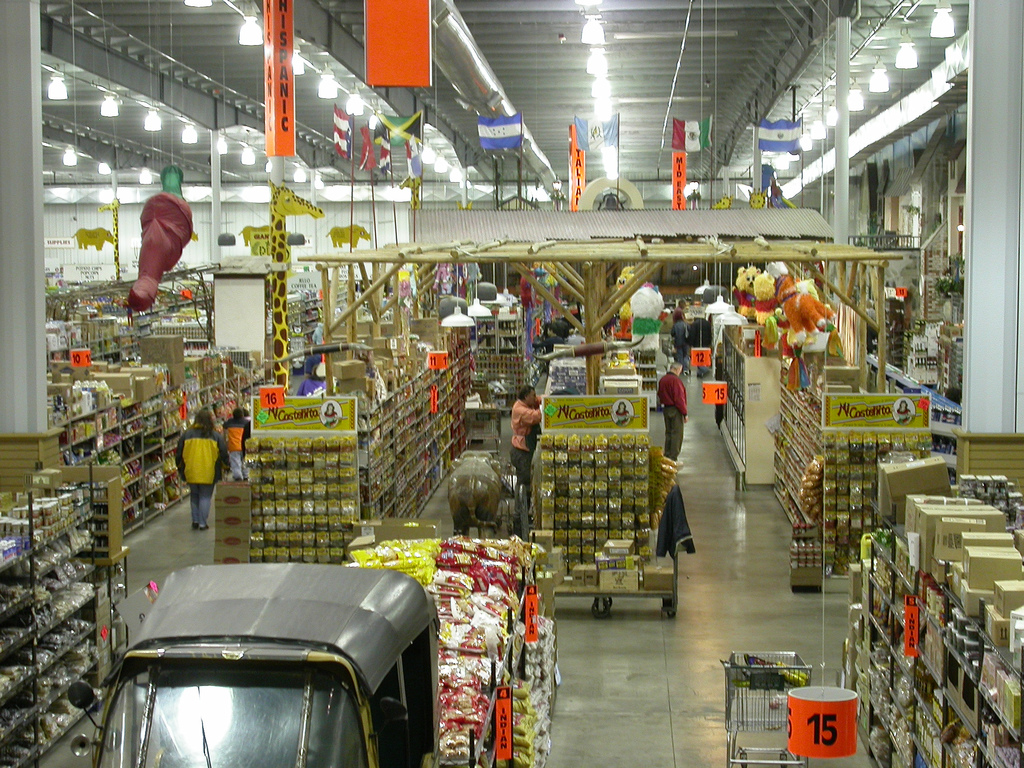How has Texas’ 20-plus year participation in the North American Free Trade Agreement, or NAFTA, affected lives on the other side of the border? There are lots of ways to measure that impact – one is to look at how food production, and even people’s diets, have changed.
Alyshia Gálvez is the author of “Eating NAFTA: Trade, Food Policies, and the Destruction of Mexico.” She says Mexican food has become a paradox of globalization.
“For most of us in the United States, NAFTA has meant more fresh fruits and vegetables here in New York City … but unfortunately for most Mexican citizens, fresh food and traditional ways of eating have fallen out of reach,” Gálvez says.
These nutritious foods have become more expensive as Mexico has focused more on export agriculture. This doesn’t mean Americans are stealing food from Mexicans, but Gálvez says the United States does play a role in this change.
“When we are electing our elected officials, who are basically overseeing the process of trade negotiations, those trade negotiations are giving a huge amount of leeway to corporate interests,” Gálvez says.
Gálvez says corporations are less focused on providing everyone with fruits and vegetables and instead more organized around defeating regulation of industries, and promoting the offsetting of costs. An example of this are the United States’ industrial corn fields, which Gálvez says deal with surpluses of corn each year by “dumping some of the cheap commodity grain onto our neighbors.”
“That’s meant a rise in very ultra-processed foods and beverages that are not as sustaining of health,” Gálvez says.
With food production now centered toward monoculture and chemically intensive forms of farming, Gálvez says it is time to build a food system that focuses on personal health and wellbeing – rather than just corporate interests.
“I think we could find some middle ground where farming [and] producing food in more traditional ways is economically viable for some who choose to do it, and we use technology sparingly so that we have an efficient food system that is also economically and environmentally sustainable,” Gálvez says.
Written by Sara Schleede.

















